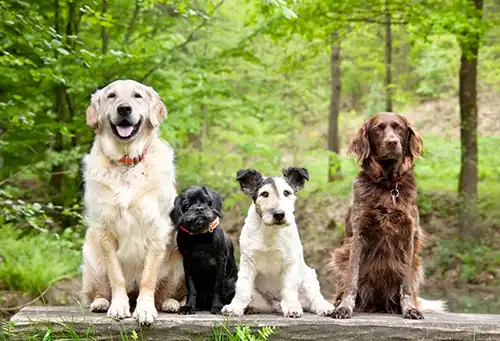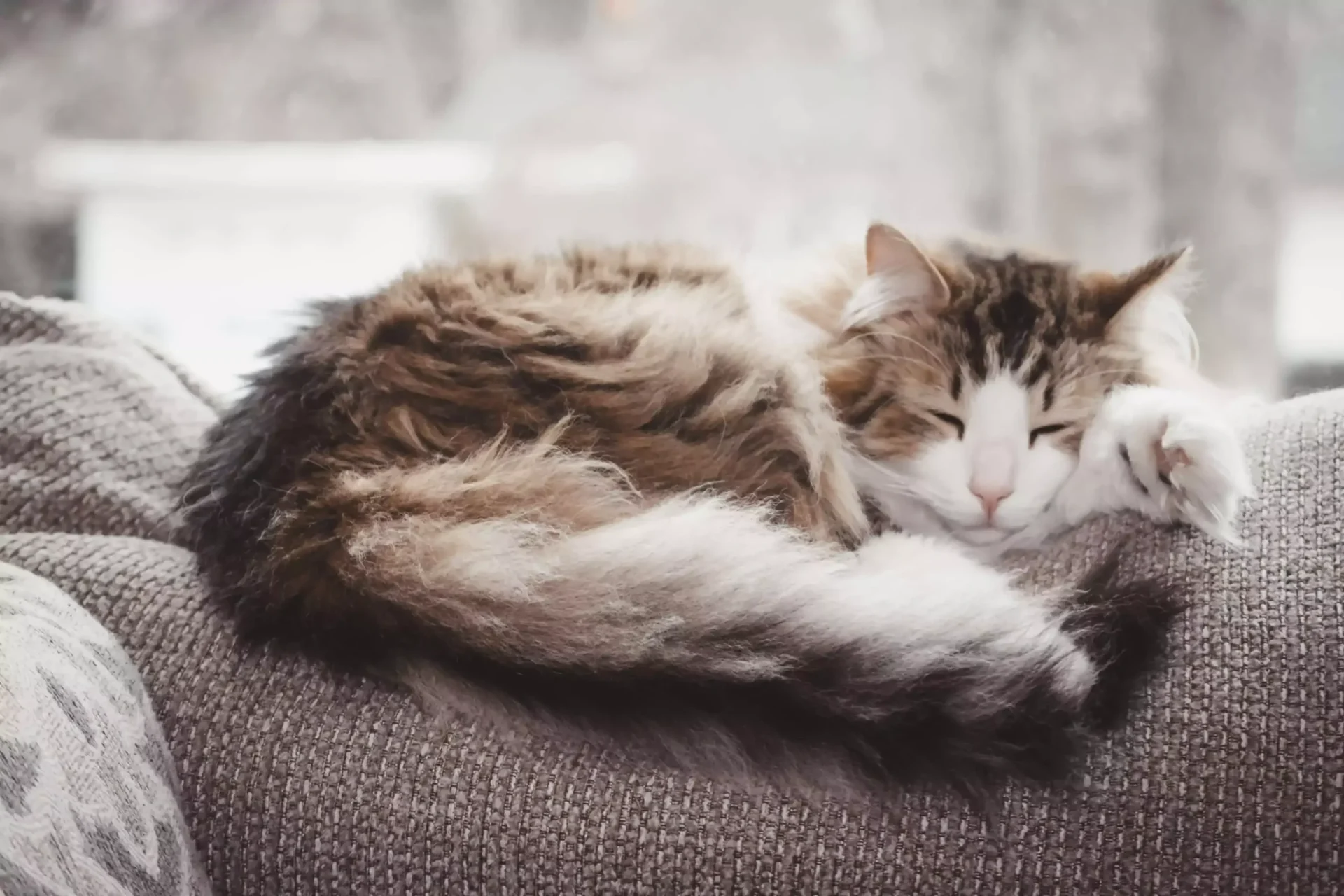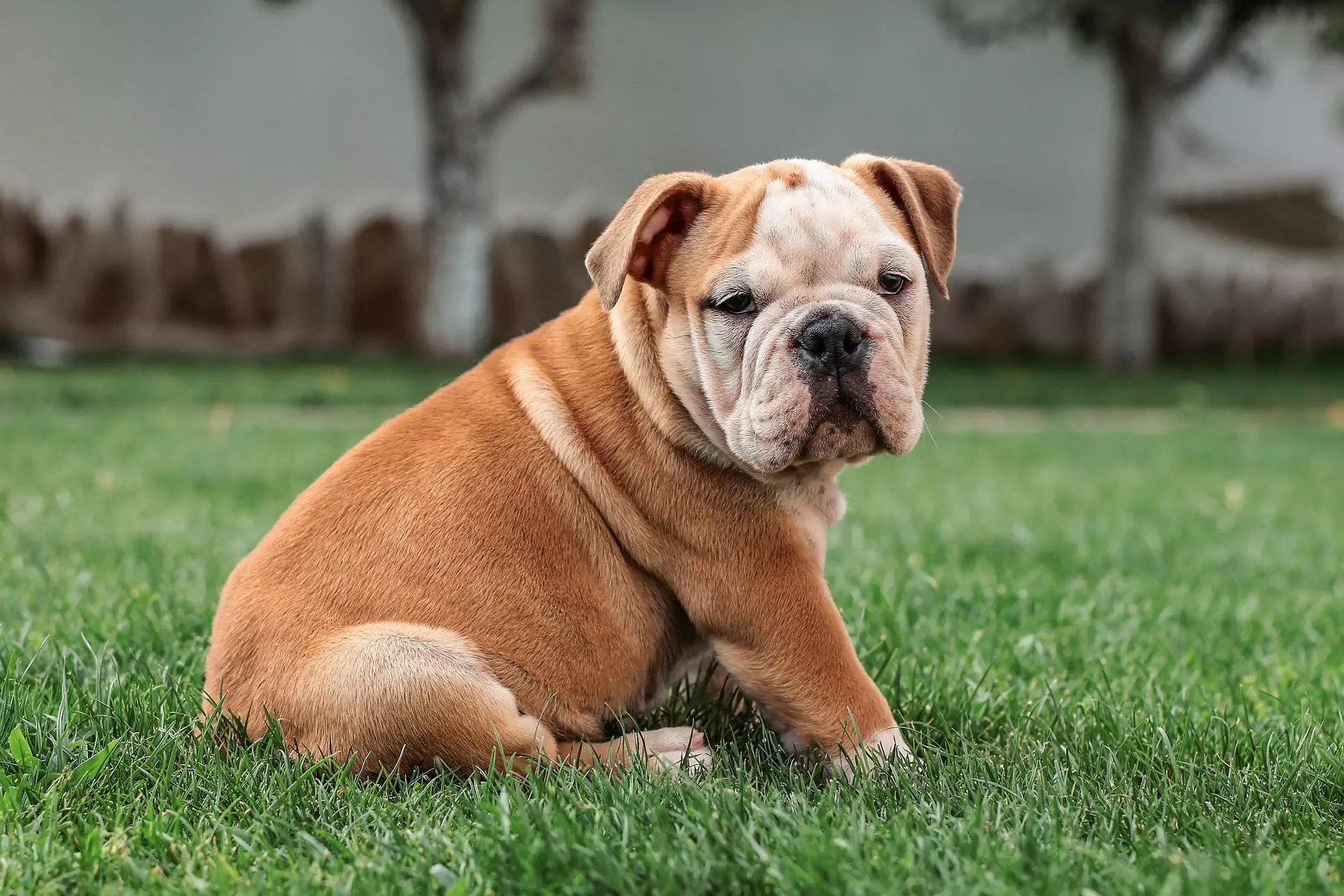As your beloved cat begins to age, you might observe subtle shifts signaling her transition into her golden years. Typically, cats are deemed seniors by around age 11, but with improved care, many are thriving well beyond that milestone. Don’t expect sudden transformations; rather, anticipate gradual alterations in her behavior and health. Nonetheless, your aging feline companion will benefit from your extra care and attention during this stage of life. Here, a San Rafael, CA veterinarian shares valuable insights on providing optimal care for your senior cat.
How Do You Take Care of a Senior Cat?
Fluffy’s needs are similar to those of any other cat: quality nutrition, a tidy litter box, regular vet check-ups, and plenty of affection. However, as she ages, you might need to make some adjustments to ensure her comfort and well-being.
Are Bigger Litter Boxes Necessary for Older Cats?
To accommodate your aging cat’s needs, opt for a litter box with low sides. Older cats can experience stiffness and discomfort, making it challenging for them to navigate high-walled litter boxes. A wider and shallower design might be more convenient for her, offering easier access compared to a deep and narrow one.
Is Grooming Necessary for My Senior Cat?
As Fluffy ages, you might observe her grooming habits declining, leading to a less kempt appearance. Several factors could contribute to this change. Aging cats often experience stiffness and discomfort, hindering their ability to groom thoroughly. Additionally, senior cats may produce more skin oil, resulting in a greasier coat. These combined factors can lead to an unkempt appearance in your aging feline companion.
While messy fur can result from aging or mobility issues, it may also indicate underlying health concerns in your cat. If you observe your feline friend’s fur becoming unkempt rapidly or notice other worrying signs like withdrawal, it’s crucial to consult your San Rafael, CA veterinarian for guidance.
Gently brushing your cat can assist in maintaining her coat’s cleanliness and health. While most cats don’t require baths, some owners opt to bathe their pets. When brushing Fluffy, be cautious not to exert too much force, as senior cats have delicate skin. Seek guidance from your vet for personalized advice on grooming your aging pet’s delicate skin.
Is Playing with My Senior Cat Recommended?
Indeed! Playing with Fluffy is highly beneficial for her well-being. Engaging in activities like pouncing and jumping provides essential exercise for cats, promoting physical health. Moreover, it offers crucial mental stimulation, which is particularly important for older cats susceptible to cognitive decline. Encouraging your kitty to chase after a red dot not only exercises her body but also provides a delightful mental challenge. Plus, it’s undeniably adorable.
If Fluffy is in the mood to play, she’ll eagerly join in, but if she prefers to nap, she’ll simply wander off, and that’s perfectly acceptable. Unlike dogs, cats won’t push themselves to please their owners, so there’s no need to worry about Fluffy overexerting herself during playtime.
Opt for soft surfaces such as carpeted floors to ensure safety during playtime.
Is Special Care Necessary for Older Cats?
As Fluffy grows older, her needs will evolve slightly. It’s crucial to ensure she can access her food, water, and litterbox with ease. If your home is spacious or has multiple floors, consider placing litterboxes and water stations on each level to minimize your pet’s need to climb stairs.
Ensuring your senior cat has comfortable sleeping areas is crucial. Despite her already impressive napping habits, she may sleep even more as she ages. By providing cozy beds, you’re supporting her relaxation and well-being. As she enters her golden years, your furry companion may become a napping champion, snoozing for up to 20 hours a day. Make sure she has ample comfortable spots to rest and rejuvenate. Consider various options for creating cozy sleeping spots for Fluffy. Whether it’s purchasing beds or repurposing blankets in baskets, chests, or ottomans, there are plenty of choices. Don’t forget about the allure of boxes; Fluffy will still appreciate them. For extra purrs, position these sleeping spots in sunny areas or by windows with pleasant views.
Considering placing a night light for Fluffy could be beneficial. As she ages, her vision might not be as sharp in the dark. Additionally, she may become forgetful and disoriented, potentially losing her way to the litterbox.
To assist your furry friend, consider setting up pet ramps or steps, or even using footstools. For further details, consult your veterinarian.
What Brings Happiness to Senior Cats?
Senior cats typically enjoy similar things to their younger counterparts. Ultimately, Fluffy desires love, security, and comfort. Many of the suggestions we’ve discussed already address the first two needs. It’s also vital to keep her engaged and active! Dedicate ample time to your feline companion, providing affection and a cozy lap. Remember to handle her with care when lifting or placing her down.
How to Maintain the Health of a Senior Cat
As cats age, they face similar health issues to elderly humans. Common concerns include the following:
- Kidney Disease
- Diabetes
- Dental Issues
- Obesity
- Cancer
- Loss of Hearing
- Hyperthyroidism
- Heart conditions
- Arthritis
- Loss of Vision
More frequent trips to the vet clinic may be necessary for your furry friend, providing an opportunity to receive updated advice on Fluffy’s diet and care.
Keep an eye out for any signs of illness between appointments. Contact us immediately if you notice anything unusual.
Detecting Illness in Senior Cats
Changes in Fluffy’s appearance or behavior can indicate when she’s not feeling well. Stay observant, as cats may not always show obvious signs of illness.
Keep an eye out for the following:
- Vomiting
- Diarrhea
- Drooling
- Hiding
- Fever
- Discharge
- Stiffness
- Limping
- Lethargy
- Weight Gain/Loss
- Withdrawal
- Changes in Appetite
- Poor Grooming
- Respiratory Issues
- Litterbox Issues
Unexpected vocalizations from Fluffy could signal a problem. If she’s typically quiet but becomes unusually vocal, it may indicate an underlying issue.
Reasons for Increased Meowing in Older Cats
Elderly cats often become more vocal, which can be attributed to various factors. Cognitive decline, a common issue in aging cats, can lead to confusion and distress as they struggle to comprehend their surroundings. Additionally, Fluffy may seek more attention or affection, or her increased meowing could indicate underlying discomfort. Consult your San Rafael, CA veterinarian for further insights into your senior cat’s behavior.
Is It Safe to Leave My Older Cat Alone?
Whether it’s advisable to leave Fluffy alone hinges on her age and health. Generally, cats can manage a day or two solo with ample provisions and periodic check-ins. However, for older or geriatric cats, it’s not recommended to leave them alone for extended periods, and boarding might be a preferable alternative.
Ensuring the Safety of My Older Cat
For your older cat, adhere to standard pet-proofing measures as you would for a younger feline. While Fluffy might not be as playful as before, she may still have an interest in munching on your houseplants.
It’s highly advisable to keep your beloved furry companion indoors, especially as they age. While we generally advocate for indoor living for all cats, older felines are particularly susceptible to various dangers. Their fragility increases their vulnerability, and they may struggle to evade potential threats. Additionally, aging cats could forget their way home, further emphasizing the importance of indoor confinement. Prioritize caution in this matter.
Feel free to reach out to us, Terra Linda Veterinary Hospital, if you have any inquiries about senior cat care!







!Social Media Icons